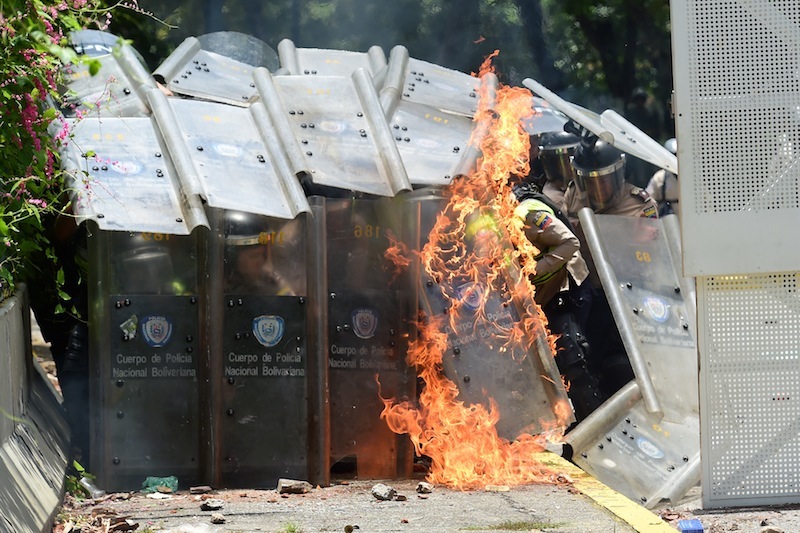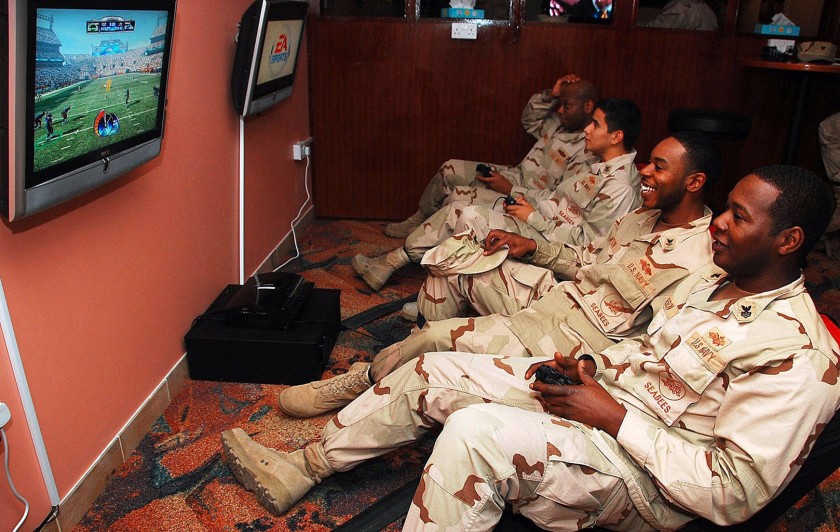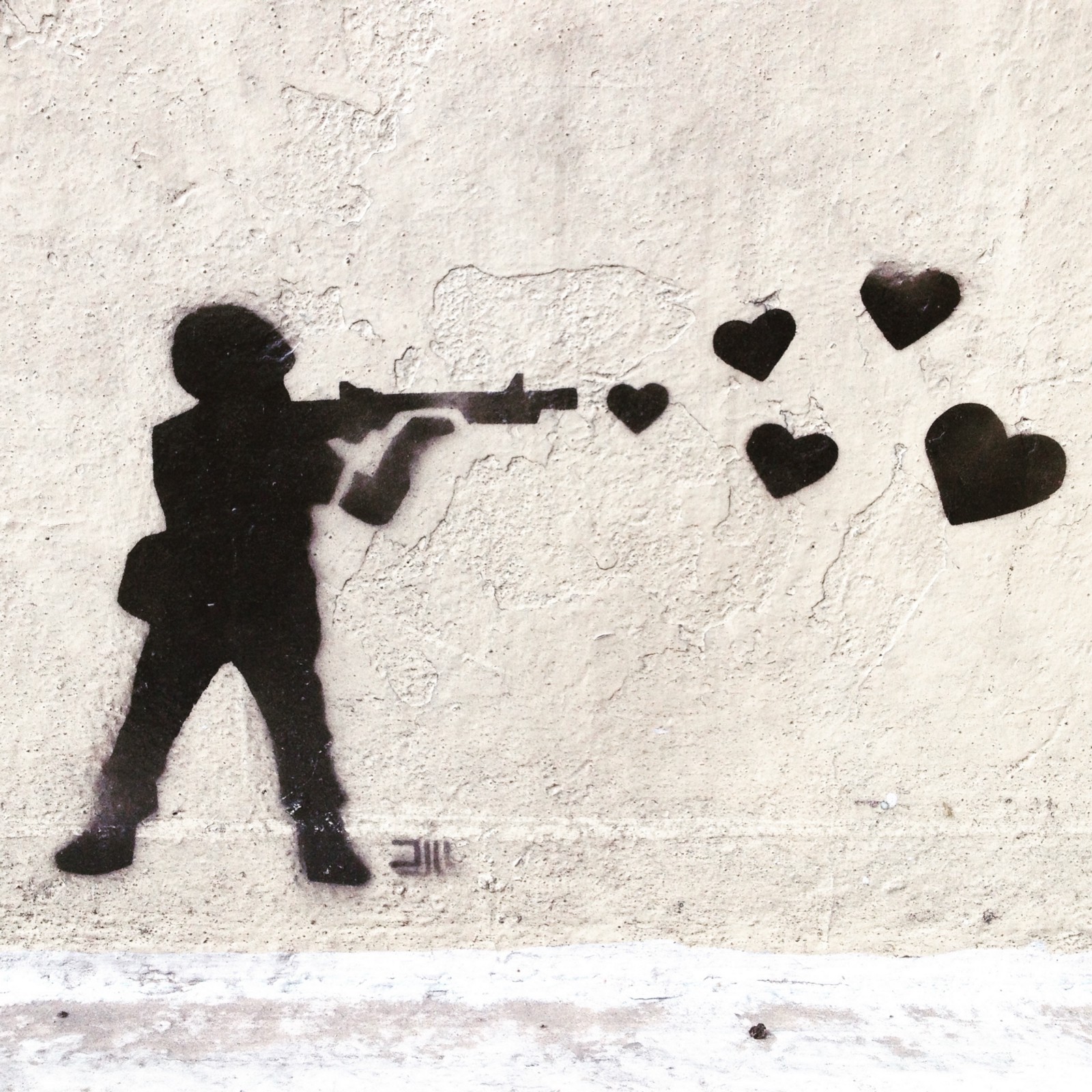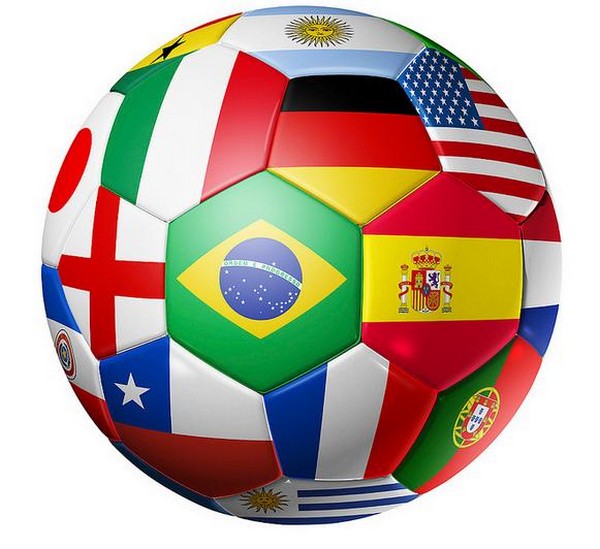In 2001, under strong government leadership, Venezuela was named the richest country in South America. But now, anti-government protests have left the country in disarray, and on the brink of economic and political collapse. With the largest oil reserves in the world, Venezuela, an OPEC member, depends on oil for 96 per cent of its export earnings. Venezuela is a petro state, and thus the drop in the price of oil from $115 per barrel to $45 per barrel has dramatically hindered the once steady economic situation in the country, leaving it in an extremely unstable condition. Under late President Hugo Chavez, part of the revenue gained from oil exports was successfully used to finance social initiatives to reduce poverty levels in the country. In attempts to create a socialist government and maintain popular support, for around 14 years, Chavez went as far as to offer free housing to those less fortunate to gain electoral votes. In theory, this was a great stride made by the government because the improvement of the lives of the impoverished is a predominant factor for nationwide development. However, this only worked when Venezuela actually had the money to spend on the poor. By 2005, Venezuela did not have that money, but continued to spend more on its people while also producing less oil. These policies, accompanied by the plummeting price of crude, have deepened Venezuela’s profound humanitarian crisis.
A combination of hyperinflation, food and medical supply shortages, along with high degrees of crime and corruption, has left this South American nation in an ongoing economic crisis. Chavez’s successor Nicolas Maduro is making matters worse by denying the existence of the crisis. According to the Human Rights Watch, Maduro is taking “woefully inadequate” steps to help Venezuelans who are living on a little over $30 a month. In an attempt to find a solution to the crisis, while also retaining public support, Maduro tried to keep consumer prices low by printing a lot of money and maintaining government subsidies. Amid the political, economic, and social chaos currently taking hold of the country, this decision consequently sent Venezuela’s inflation skyrocketing. With an 800% inflation rate in December 2016, Venezuela holds one of the world’s highest inflation rates. According to the International Monetary Fund, by the end of 2017, inflation could reach 2,200 percent in Venezuela. Due to soaring inflation rates, in the past 2 years Venezuela’s currency has lost 93 per cent of its value on the black market.The 100-bolivar bank note is the most common denomination in Venezuela, accounting for 77 per cent of total currency. However, now, the 100-bolivar note is worth only US $0.03. Venezuela’s currency is worth so little that people have to bring bags stuffed with money to have enough to buy the most basic of necessities.
The shortage for basic goods, including food, has become so dire that Venezuelans are not able to obtain enough food for adequate nutrition. Food, such as vegetables, poultry, and dairy products, as well as other basic consumer goods such as toilet paper and diapers are available in some markets for fixed prices. Except, since there are such a limited amount of supplies available, Venezuelans, depending on the final digit on their national identity card, can only buy goods under government price controls once a week. There is a restricted amount of food one is able to purchase, and often times supermarkets run out of supplies before everyone waiting in line is served. Empty shelves in supermarkets have left Venezuelans with no other choice but to resort to violence and looting, as people are struggling to find enough food to survive. Due to the instability in the country, crime rates have become so high that Caracas was recently listed as the most dangerous city in the world, with the highest murder rates.
Many Venezuelans blame President Maduro for the country’s economic collapse. Nation wide, anti- government protests have been on the rise in Venezuela since April, resulting in violent clashes between protesters and police forces. The death toll has surpassed 100, and over 1,900 people have been injured. Venezuelans have lost access to all basic fundamental human rights. They remain without proper medical attention, and their rights to health and food continue to be seriously undermined. Yet, the economic crisis is likely to worsen. Conditions in Venezuela resemble that of a war-zone, in which surgeons are forced to perform surgeries with the flashlights from their cellphones, as droughts have severely limited the supply of hydroelectric power. There is no law, no order and the country is quickly fragmenting. There are multiple videos, pictures, and interviews circulating in the media about the state that Venezuelans are in, and still nations continue to stay quiet and turn a blind eye. So, the question is this: why aren’t more leaders concerned that Venezuela is becoming a failed state?
Photo: “Venezuela Crisis Opposition Protest” (2017) by 2001 Online via Flickr.
Disclaimer: Any views or opinions expressed in articles are solely those of the authors
and do not necessarily represent the views of the NATO Association of Canada.




